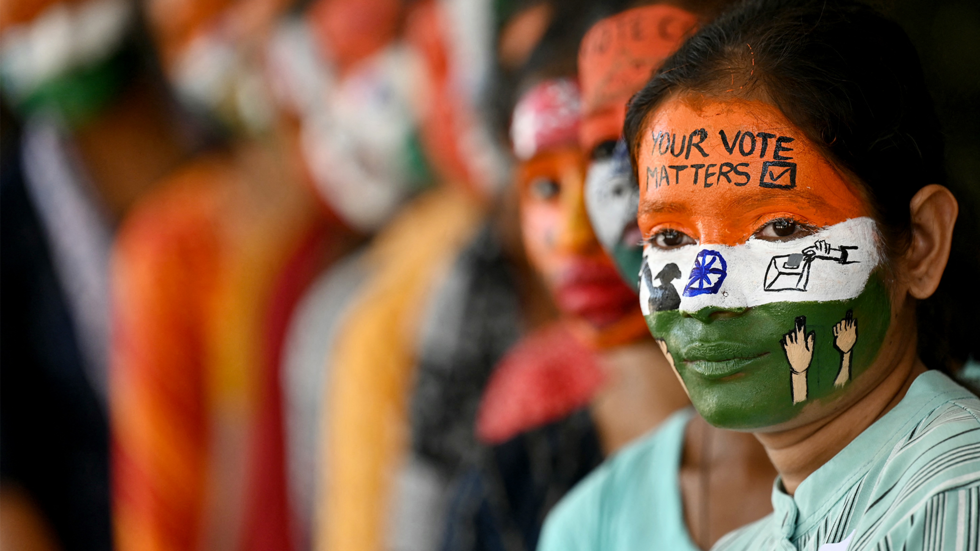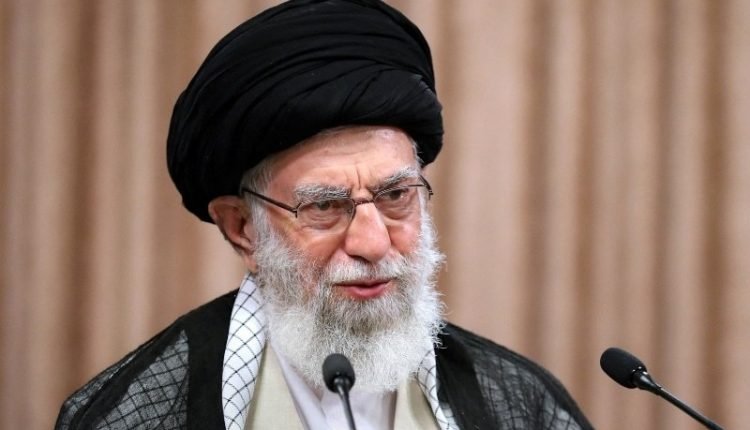Dr Naveed butt
The recent Indian election, which saw Prime Minister Narendra Modi secure a third term, was not without its challenges. The Bharatiya Janata Party (BJP), for the first time in a decade, failed to secure a comfortable majority, falling short of the 272 seats needed to form a government in the 543-member Lok Sabha. This unexpected turn of events marks a significant shift in the party’s fortunes, as it now relies on its allies for support in the lower house of the Indian parliament.
The Indian National Congress, the main opposition, made a significant stride in the recent election, more than doubling its seat tally from the previous election. Winning 99 seats and securing 233 seats as part of the Congress-led INDIA alliance, this substantial gain has positioned the Congress-led alliance to potentially gain further support in the Lok Sabha and strengthen its standing in forming the government.
The recent Indian election serves as a compelling case study for democracy, offering valuable insights into the power of democratic systems to shape the government. Despite its challenges, the Indian democracy continues to function, demonstrating its resilience and adaptability.
The election results also shed light on the complexities of economic growth and employment. Under Modi’s leadership, economic growth was showcased through [specific economic policies]. However, persistent high unemployment rates posed a significant challenge. This emphasizes the importance of economic policies that prioritize job creation and directly impact people’s daily lives.
Moreover, the election outcome serves as a reminder that in a democracy, setbacks are a natural part of the political process and not necessarily indicative of foul play. It underscores the need for political parties to accept electoral outcomes and move forward constructively.
The lessons from India’s election also emphasize the significance of addressing the concerns of the unorganized sector in influencing electoral results. Furthermore, it underscores the limitations of using nationalist rhetoric when economic issues take precedence in shaping public opinion.
The election outcome in India presents a valuable opportunity to understand the dynamics of coalition governments and the importance of negotiating and considering diverse viewpoints. It exemplifies the beauty of democracy in fostering diverse representation, with examples such as [specific examples of diverse viewpoints], and respecting opposing viewpoints.
The Indian election results offer insights into the intricate fabric of democracy, allowing individuals from all backgrounds to participate in the political process. It also reflects the enduring nature of secular traditions in India, which refers to [definition of secular traditions in Indian politics], dispelling the notion that secularism is in decline.
The outcomes of the 2024 Indian elections have had a significant impact on the country’s political landscape. Prime Minister Narendra Modi, seeking a fourth term, led the Bharatiya Janata Party (BJP) in what proved to be a closely contested election. The BJP, while still the single largest party, failed to secure an outright majority in the 543-member Lok Sabha. As a result, the party needed to form alliances to establish a governing coalition.
Despite the BJP’s challenges, the Indian National Congress and its allies also faced hurdles in securing a decisive victory. The political landscape saw a diverse range of regional parties gaining prominence, leading to a fragmented mandate. This scenario necessitated intricate negotiations and collaborations among multiple parties to form a stable government.
Moreover, the 2024 Indian elections shed light on the evolving dynamics of economic governance. The outcome reflected a nuanced shift in public sentiment concerning economic policies, highlighting the electorate’s emphasis on inclusive growth, job creation, and social welfare programs. This has prompted political parties to rethink their economic agendas and prioritize measures that directly impact the lives of ordinary citizens.
Furthermore, the election outcomes underscored the enduring importance of coalition politics in India. The need to accommodate diverse regional aspirations and viewpoints necessitated astute coalition-building strategies. As a result, the government formed after the elections emphasized the complexities and deliberations inherent in managing a coalition, showcasing the intricacies of democratic governance.
In addition, the election results demonstrated the continued relevance of secular traditions in Indian politics. Despite the polarized electoral campaign, the government formed after the elections emphasized inclusivity and representation of diverse cultural and religious backgrounds, underscoring the enduring nature of India’s secular ethos.
Overall, the outcomes of the 2024 Indian elections showcased the resilience and adaptability of the country’s democratic framework. The need for coalition-building, the evolving priorities of the electorate, and the enduring values of secularism all serve as testaments to the multifaceted nature of India’s democratic process. These outcomes provide valuable insights into the complexities and dynamics of governance in one of the world’s largest democracies.
Concludingly, the recent Indian election offers a multifaceted understanding of democracy, highlighting its ability to adapt, evolve, and reflect the diverse voices and concerns of the populace.
















